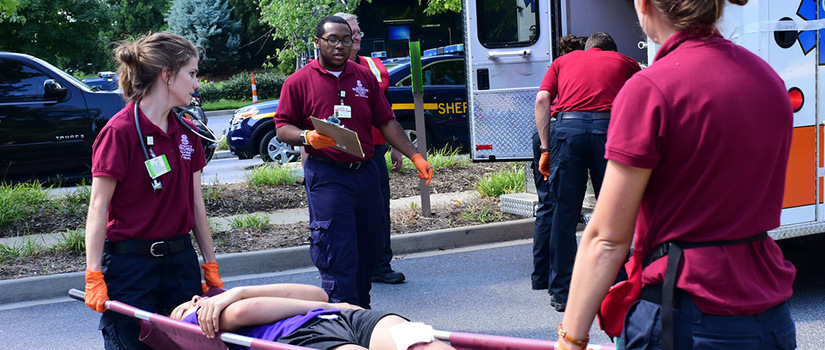Health care is changing, and the patient populations of tomorrow will be the most diverse in United States history. At the University of South Carolina School of Medicine Greenville, we want to ensure that our students have the skills and confidence to provide compassionate, high-quality care to meet each patient’s unique needs while also recognizing the broader societal and healthcare system patterns that can impact the health of various people differently. To that end, our curriculum has been carefully designed to prepare students to work effectively on an individual and system level with patients from every socioeconomic status, cultural background, belief system, life experience and beyond. This includes the longitudinal Integrated Practice of Medicine course which includes core topics of justice, equity, diversity, and inclusion. This also includes mentored, student-led scholarly projects focused on health equity, inclusive medical education, and community-based participatory research.
Specifically, the following instructional areas have been methodically integrated throughout the medical school curriculum:
- The manner in which people of diverse cultures and belief systems perceive health and illness and respond to various symptoms, diseases and treatments
- The basic principles of culturally competent health care
- The recognition and development of equitable solutions to mitigate healthcare disparities
- The importance of meeting the healthcare needs of medically-underserved populations
- The development of core professional attributes (e.g., altruism, accountability) needed to provide effective care in a multidimensional and diverse society
- How policy, structures, and social and economic factors relate to healthcare delivery and patient outcomes
Additionally, because first-year medical students are trained to serve as Emergency Medical Technicians (EMT), students have the opportunity to encounter patients in the community from various walks of life and participate in the onsite emergency care for these patients. Students are encouraged through a variety of learning experiences to make connections between what they see and experience in the community during their EMT service and social determinants of health. Their time as EMTs helps reinforce the topics taught in the classroom and gives our students a fuller perspective of the diversity of patients they will work with as residents and physicians.
